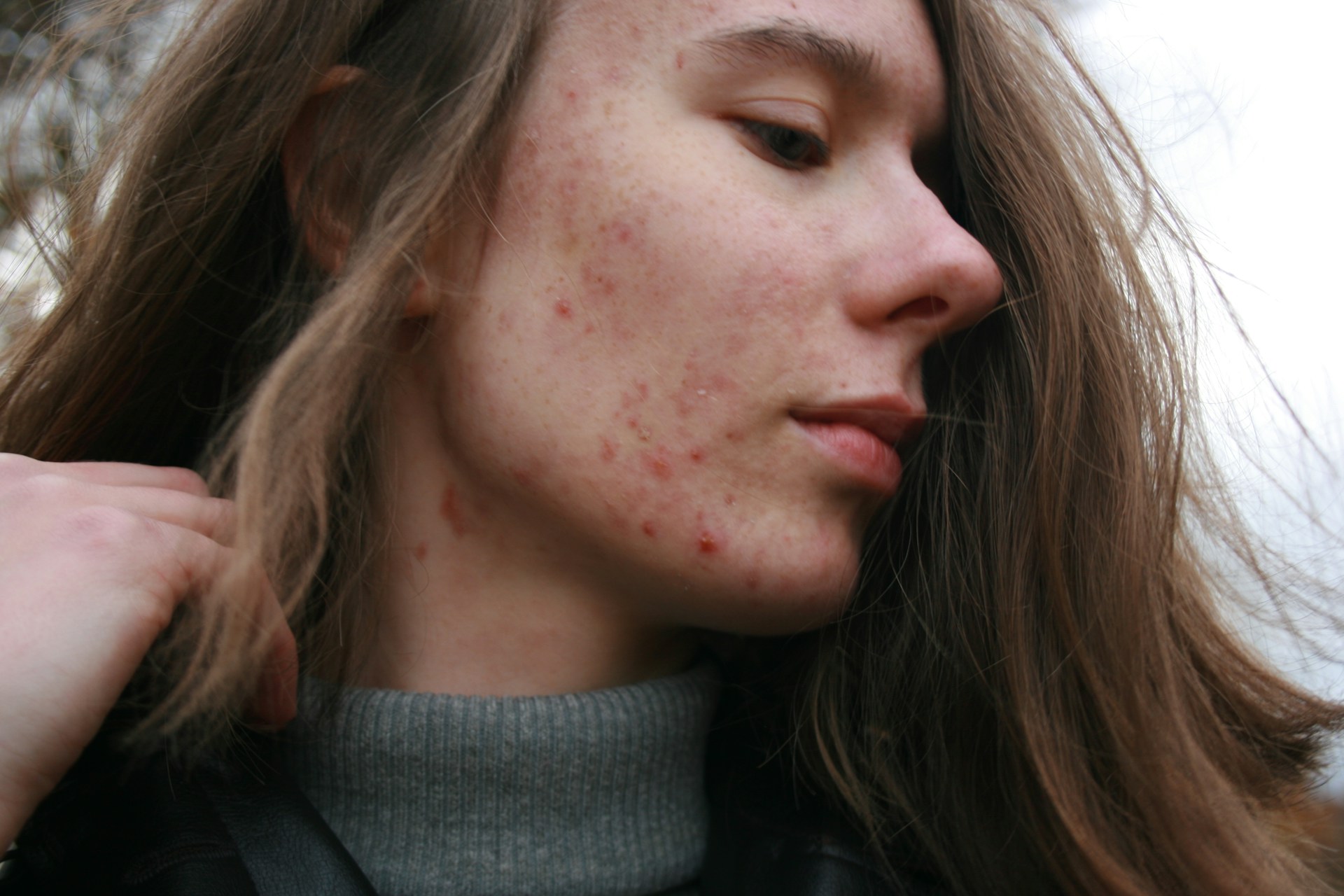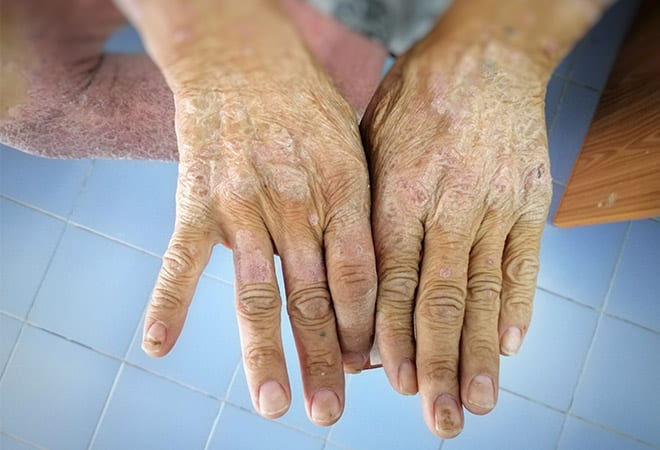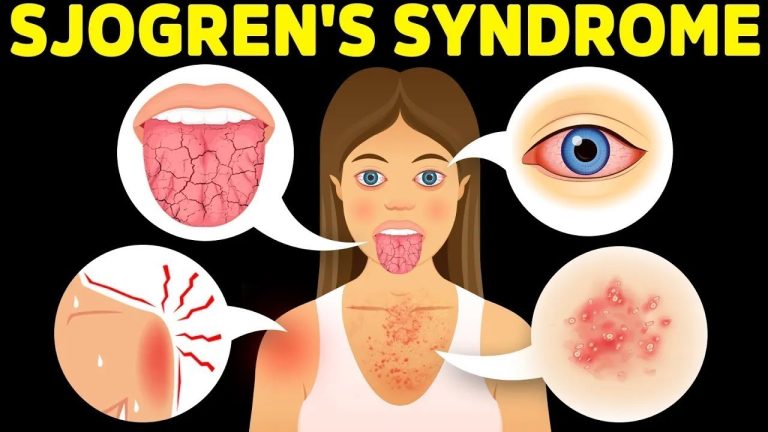Understanding Acne: Causes, Types, and Effective Treatments
Acne is one of the most common skin conditions in the world, affecting people of all ages — from teenagers to adults. While it’s often seen as a rite of passage during adolescence, acne can persist or even develop later in life. In this blog post, we’ll explore what acne is, what causes it, the different types, and how you can manage or treat it effectively.
What Is Acne?
Acne is a skin condition that occurs when your hair follicles become clogged with oil (sebum) and dead skin cells. This leads to whiteheads, blackheads, pimples, or cysts. Acne most commonly appears on the face, forehead, chest, upper back, and shoulders — areas with the most oil (sebaceous) glands.
Common Causes of Acne
Several factors contribute to the development of acne, including:
- Excess oil (sebum) production
- Clogged hair follicles by oil and dead skin
- Bacteria (Cutibacterium acnes)
- Hormonal changes, especially during puberty, menstruation, or stress
- Certain medications like corticosteroids or lithium
- Diet, especially foods high in refined sugars or dairy
- Cosmetic products that are comedogenic (pore-clogging)
Types of Acne
Understanding the type of acne you have can help you choose the right treatment approach:
- Whiteheads – Closed clogged pores
- Blackheads – Open clogged pores that darken at the surface
- Papules – Small red, tender bumps
- Pustules – Pimples with pus at the tip
- Nodules – Large, painful lumps under the skin
- Cystic Acne – Deep, painful, pus-filled cysts that can cause scarring
Effective Treatments for Acne
Managing acne requires a consistent skincare routine and sometimes medical treatment. Here are some of the most effective options:
🧴 Over-the-Counter Treatments
- Benzoyl Peroxide: Kills acne-causing bacteria
- Salicylic Acid: Helps unclog pores
- Retinoids: Promote cell turnover and reduce inflammation
💊 Prescription Medications
- Topical Antibiotics: Reduce inflammation and bacteria
- Oral Antibiotics: For moderate to severe acne
- Hormonal Treatments: Such as birth control pills
- Isotretinoin (Accutane): A powerful option for severe acne
💆♀️ Lifestyle Tips
- Wash your face twice daily with a gentle cleanser
- Avoid touching or picking your skin
- Use non-comedogenic makeup and skincare products
- Stay hydrated and eat a balanced diet
- Manage stress levels
When to See a Dermatologist
If your acne is painful, persistent, or causing emotional distress, consult a dermatologist. Early treatment can prevent long-term skin damage and improve your confidence.
Conclusion
Acne is a complex condition that can affect both your skin and self-esteem. The good news is that there are many effective treatments available. By understanding the root causes and seeking appropriate care, you can manage acne and achieve clearer, healthier skin.








